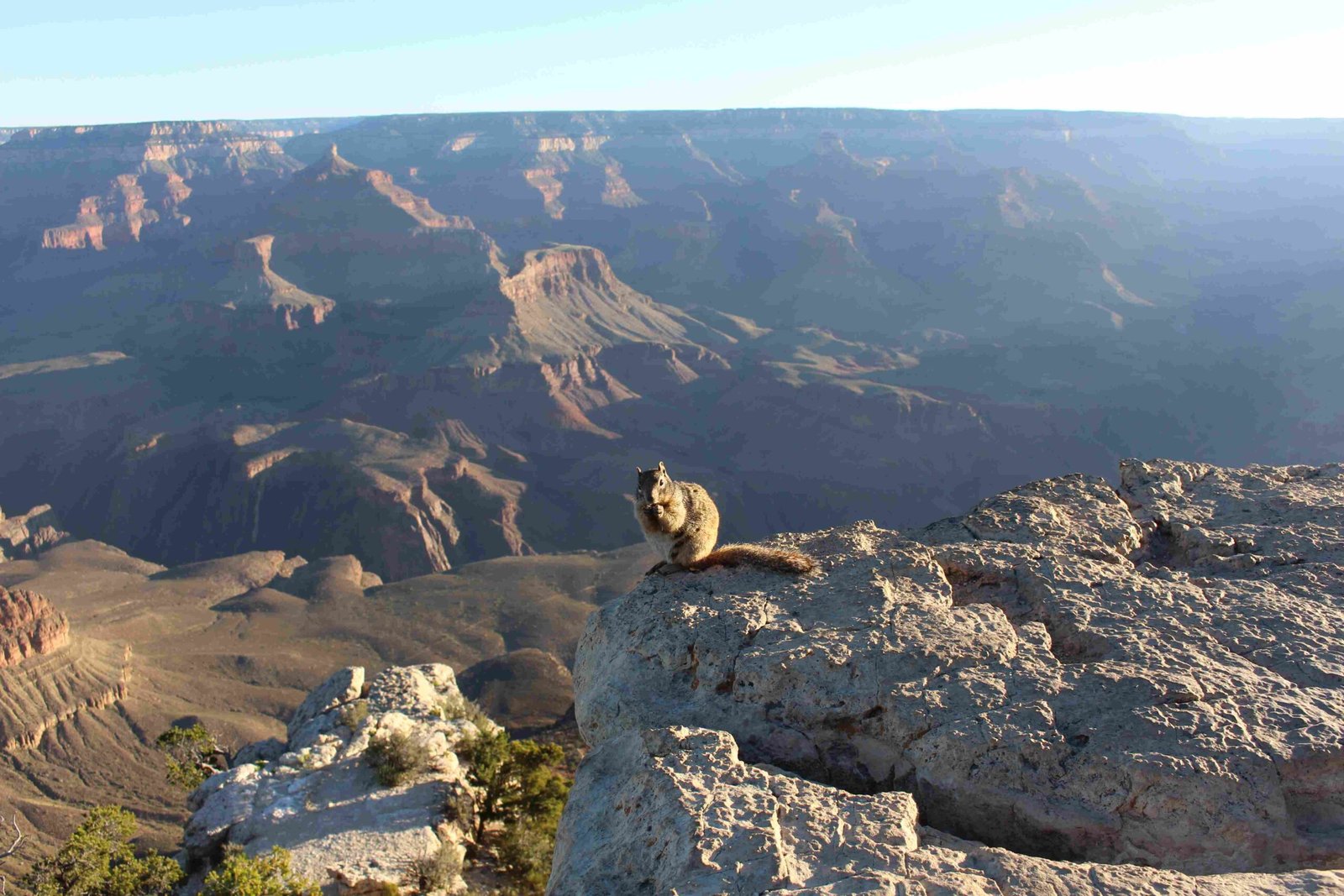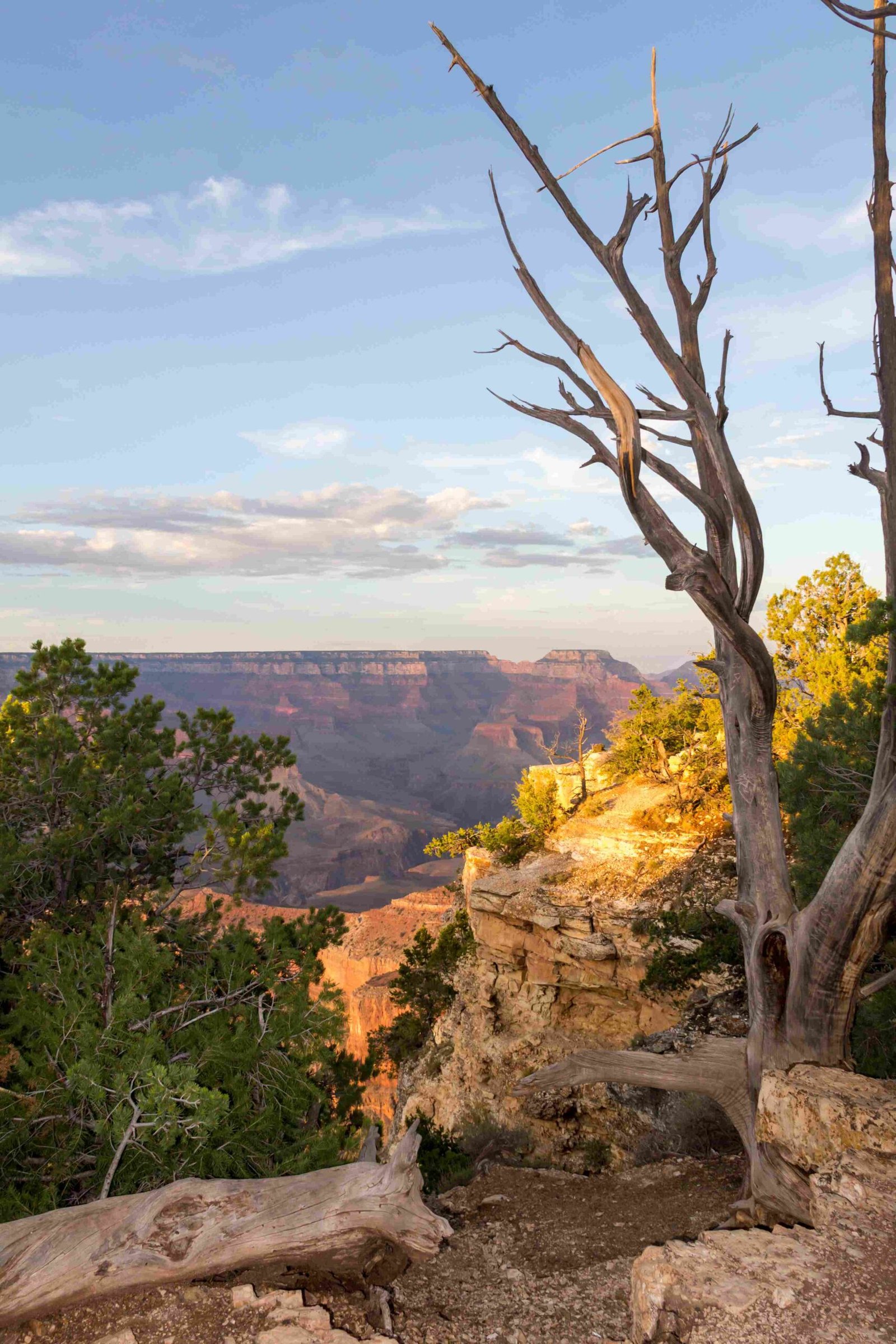Arizona’s landscape surrounding the Grand Canyon is dotted with fascinating ghost towns that whisper stories of bygone mining eras, frontier life, and abandoned dreams. These silent settlements offer adventurers a glimpse into the rugged history of the American Southwest, revealing tales of boom and bust that shaped the region’s cultural landscape. From silver mining communities to Route 66 remnants, these ghost towns near Grand Canyon provide an extraordinary window into Arizona’s complex historical narrative.
What Are Ghost Towns Near Grand Canyon?

Ghost towns near the Grand Canyon represent abandoned settlements that once thrived during mining booms but were eventually deserted as economic opportunities diminished. While not directly within the national park, several remarkable ghost towns exist in the surrounding Arizona regions.
Top Ghost Towns to Explore
| Ghost Town | Location | Primary Historical Significance |
|---|---|---|
| Tip Top | North Phoenix Area | Silver Mining Hub |
| Hackberry | Near Kingman | Route 66 Service Stop |
| Gleeson | Cochise County | Turquoise and Mining Settlement |
How to Reach Ghost Towns Safely?

Vehicle Requirements
- 4×4 vehicle recommended
- High ground clearance
- Spare tire
- Emergency supplies
Preparation Checklist
- Check road conditions beforehand
- Carry sufficient water
- Wear sturdy hiking boots
- Bring sun protection
- Carry a detailed map
- Inform someone about your travel plans
What Historical Insights Can You Discover?
Mining Heritage
Ghost towns near Grand Canyon reveal intricate stories about:
– Early settler experiences
– Mining technology evolution
– Economic challenges of frontier life
– Cultural diversity of mining communities
Architectural Remnants
Visitors can explore:
– Abandoned mine shafts
– Deteriorating building structures
– Old mining equipment
– Historic cemetery sites
What Challenges Might Explorers Face?
Environmental Considerations
- Extreme temperature variations
- Rough terrain
- Limited infrastructure
- Potential wildlife encounters
Legal and Safety Precautions
- Respect private property boundaries
- Do not remove artifacts
- Stay on designated paths
- Carry communication devices
- Travel in groups when possible
Why Visit Ghost Towns Near Grand Canyon?
Unique Experience Factors
- Authentic historical exploration
- Photography opportunities
- Educational insights
- Adventure tourism
- Connection with Arizona’s frontier history
Recommended Exploration Strategy
- Plan short, guided tours initially
- Start with more accessible locations
- Use professional tour services
- Prioritize safety and preparation
What Equipment Should You Bring?
Essential Gear List
- Sturdy hiking boots
- Backpack
- First aid kit
- Navigation tools
- Water filtration system
- Emergency communication device
- Sun protection
- Lightweight, layered clothing
How to Respect Historical Sites?
Ethical Exploration Guidelines
- Practice “Leave No Trace” principles
- Document without disturbing
- Respect site integrity
- Follow local regulations
- Support preservation efforts
Photography Tips
- Use wide-angle lenses
- Capture architectural details
- Include surrounding landscape
- Respect site’s historical context
Conclusion
Ghost towns near Grand Canyon offer more than abandoned structures; they represent living historical archives waiting to be explored. Each site tells a unique story of human resilience, economic ambition, and the complex narrative of western expansion.
Recommended Travel Seasons
- Spring (March-May)
- Fall (September-November)
- Avoid summer’s extreme heat
Additional Tips
- Check local visitor centers
- Consult regional historical societies
- Join specialized tour groups
Reference:
– Sunnyside Arizona Ghost Town
– Arizona Ghost Towns List
– Arizona Ghost Town Exploration Guide

